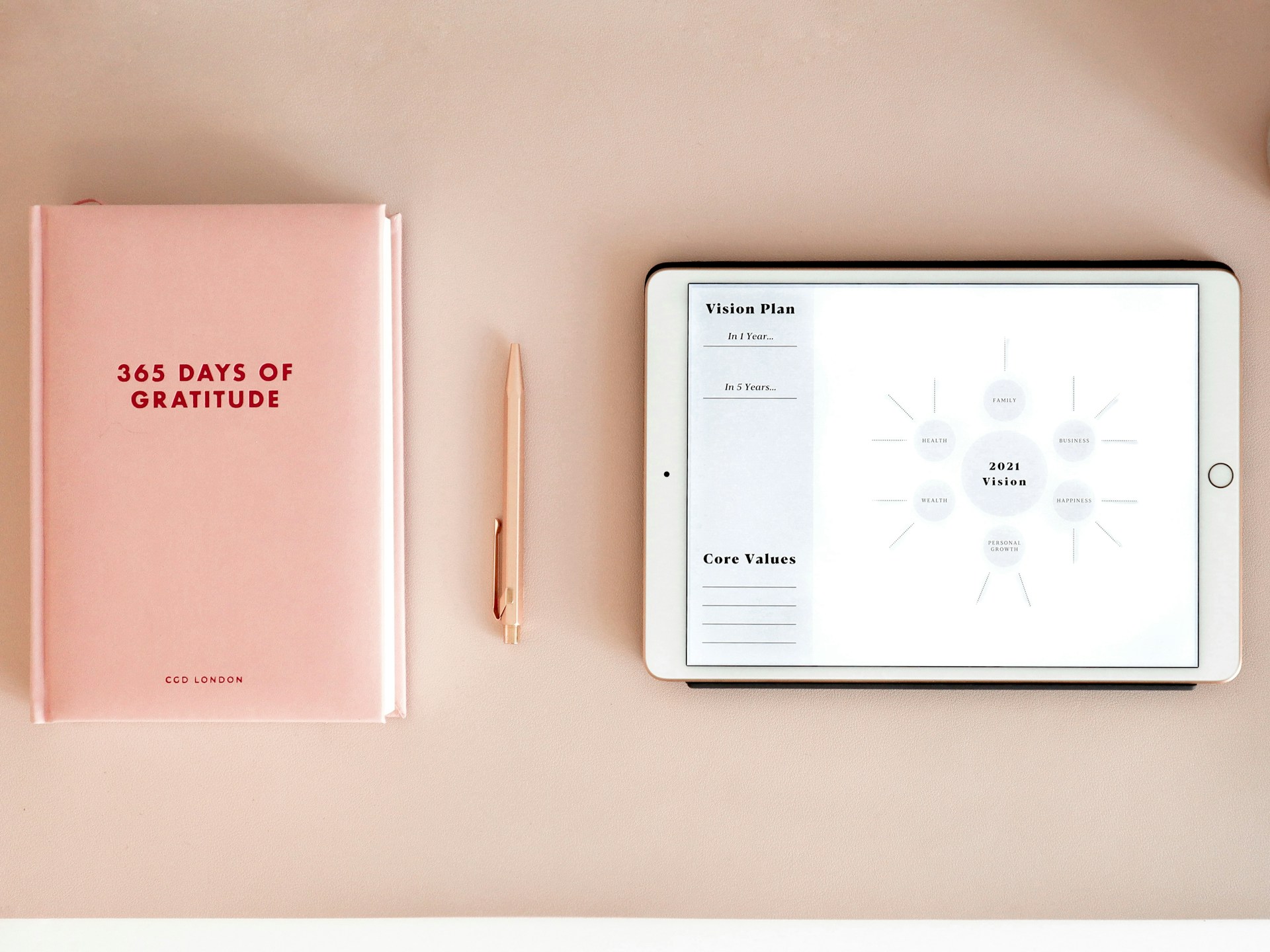Now Reading: Achieve More by Defining Your Direction
-
01
Achieve More by Defining Your Direction
Achieve More by Defining Your Direction

Setting a clear path for ourselves is crucial to living a purposeful and fulfilling life. Without it, we can easily find ourselves drifting, feeling unmotivated, or overwhelmed. But how do you give your ambitions a clear focus?
Through the art of goal setting. This practice doesn’t just define what you want; it provides a measurable roadmap, helping you make progress while maintaining balance.
This blog explores why goal setting matters, actionable techniques, and how this single habit can enhance productivity and satisfaction. Whether you’re seeking personal growth, professional development, or both, start empowering yourself today.
Ignite Your Motivation with Clear Benchmarks
A lack of direction is one of the main reasons why people feel unsatisfied or stuck. When you define your priorities with well-thought-out goals, it gives your life purpose and inspires action.
Why Clarity Matters
- Avoid Ambiguity: Vague plans often lead to procrastination. Goals like “get healthy” can seem overwhelming, whereas “run 3 miles twice a week” provides a simple, actionable plan.
- Establish Purpose: With clear benchmarks, you no longer question if you’re on the right track. Instead, each success becomes a stepping stone toward a larger accomplishment.
Data supports this idea of clarity. Psychologist Edwin Locke’s research found that specific and challenging goals lead to higher performance 90% of the time compared to abstract intentions.
Examples for Success
- Instead of saying, “Become a better writer,” aim for something measurable like “Complete a creative writing course in six months.”
- Replace “spend more time with family” with “plan a family game night every Friday.”
Use Visualization for Effective Planning
One of the most underestimated tools of goal setting is visualization. This step bridges the gap between what’s purely aspirational and what’s achievable by mentally preparing you for success.
How Visualization Supports Success
- Clarify Goals: Picturing your result eliminates uncertainty around what success looks like.
- Overcome Barriers: Mentally rehearsing challenges and solutions ensures that you are prepared for setbacks before they happen.
Elite athletes, from Olympians like Michael Phelps to golfers like Tiger Woods, have spoken about how visualization directly influences their mental preparation.
How to Incorporate It
Spend 5 minutes every day imagining yourself completing a goal or succeeding at a task. For example, if you’re working toward presenting at a conference, visualize yourself confidently delivering your key points and receiving applause.
Divide Big Challenges into Smaller Steps
No matter how lofty your ambitions are, tackling them all at once is rarely effective. Breaking them into smaller, manageable components ensures a higher likelihood of sustained effort and success.
Benefits of Managing Bite-Sized Tasks
- Avoid Burnout: Overwhelming projects, if improperly broken down, can lead to frustration or disengagement.
- Track Progress: Each small success reinforces a sense of accomplishment, boosting overall momentum.
Effective Strategies
- Use productivity tools like Kanban boards or apps like Trello to visualize your plan and progression.
- Reassess deadlines—be realistic but intentional as you assign completion time to each small step.
Author Alexandra Ninfo once said, “Small steps every day lead to extraordinary results over time.” This sentiment applies directly to goal completion, whether it’s launching a new business, improving personal habits, or anything in between.
The Role of Accountability in Achieving Goals
Accountability provides much-needed structure and keeps you aligned when distractions arise.
Why It Works
- External Encouragement: By sharing your intent with others, you involve them emotionally. This keeps you motivated to meet expectations.
- Track Milestones: Weekly check-ins or progress conversations can quickly identify areas that need improvement.
Top Accountability Partners
- Colleagues or Study Groups
- Mentors or Coaches
- Technology (goal-tracking apps)
One essential tool for accountability is journaling. Spend time each week reflecting on what went well, the challenges you faced, and how you can adjust moving forward.
Leverage the Power of Self-Assessment
Do you periodically evaluate your chosen objectives to ensure they’re working for you? This habit prevents wasted time or energy.
Benefits of Regular Reflection
- Course Correction: It’s common to evolve. Revisiting goals every six months, for example, lets you adjust when needed.
- Provides Insights: Seeing how far you’ve come builds confidence and helps create long-term strategies.
Self-Reflection Prompts
- What have I achieved so far?
- Am I still passionate about this goal?
- Are there new resources or opportunities I can leverage?
Genuine self-help isn’t about perfectionism. Instead, it’s about refining and adapting based on your real-world challenges and progress.
Celebrate Wins, Big, and Small
Often, people move straight from one accomplishment to another without taking the time to celebrate their wins. However, acknowledging these moments builds motivation and reinforces consistency.
Create Reward Systems
- Treat yourself to something you enjoy, like a special meal or relaxing activity, after completing a significant milestone.
- Share accomplishments within a supportive community—whether that’s through social media, intimate groups, or professional settings.
Pausing to appreciate how much progress you’ve made is just as important as striving for the finish line.
Your Next Step Toward Fulfillment
Goal setting unlocks the potential within all of us. It’s not just about productivity—it’s about creating a sense of meaning and alignment with your values. Whether you’re pursuing career elevation or personal breakthroughs, well-crafted goals are the key.
Start now. Define one meaningful goal today, break it into manageable steps, and visualize yourself succeeding.
If you’re looking for more guidance and inspiration, follow self-help advocates like Alexandra Ninfo or tap into resources from trusted productivity platforms. Remember, every great achievement begins with a single step. Take yours today.


























